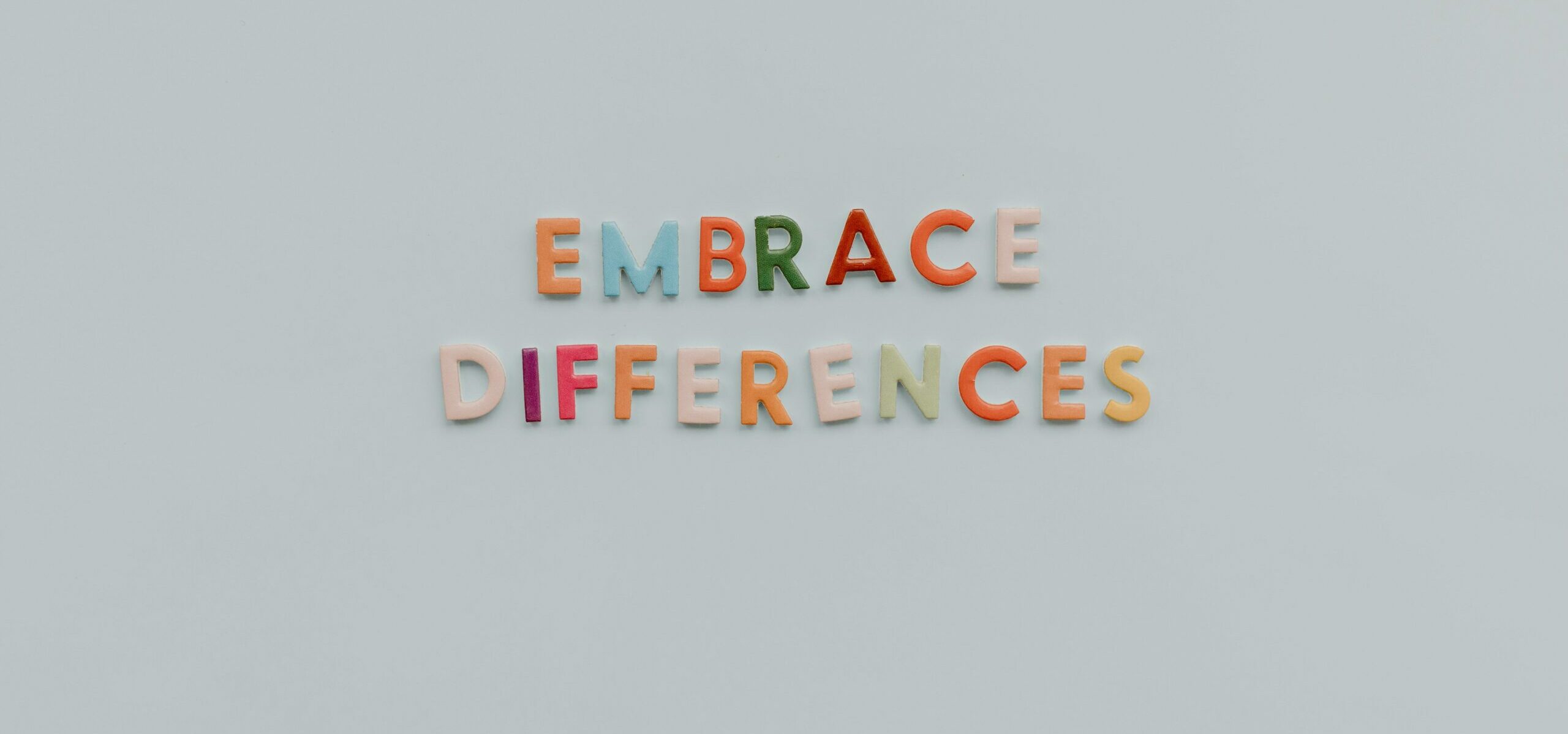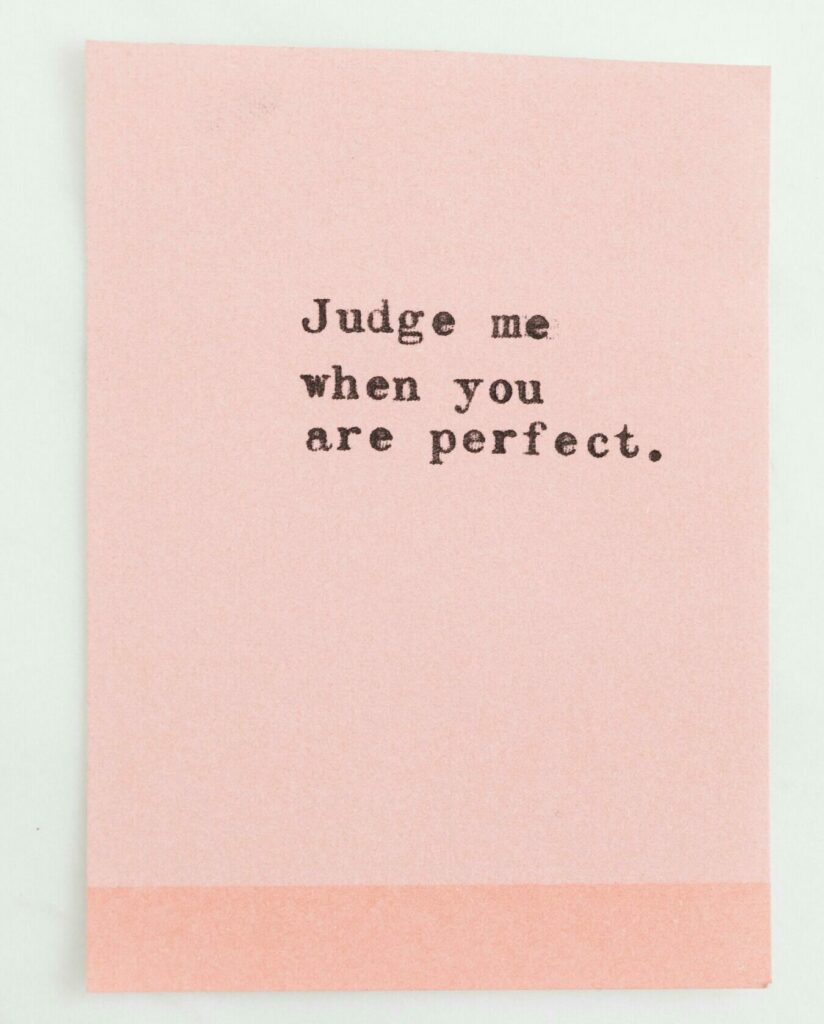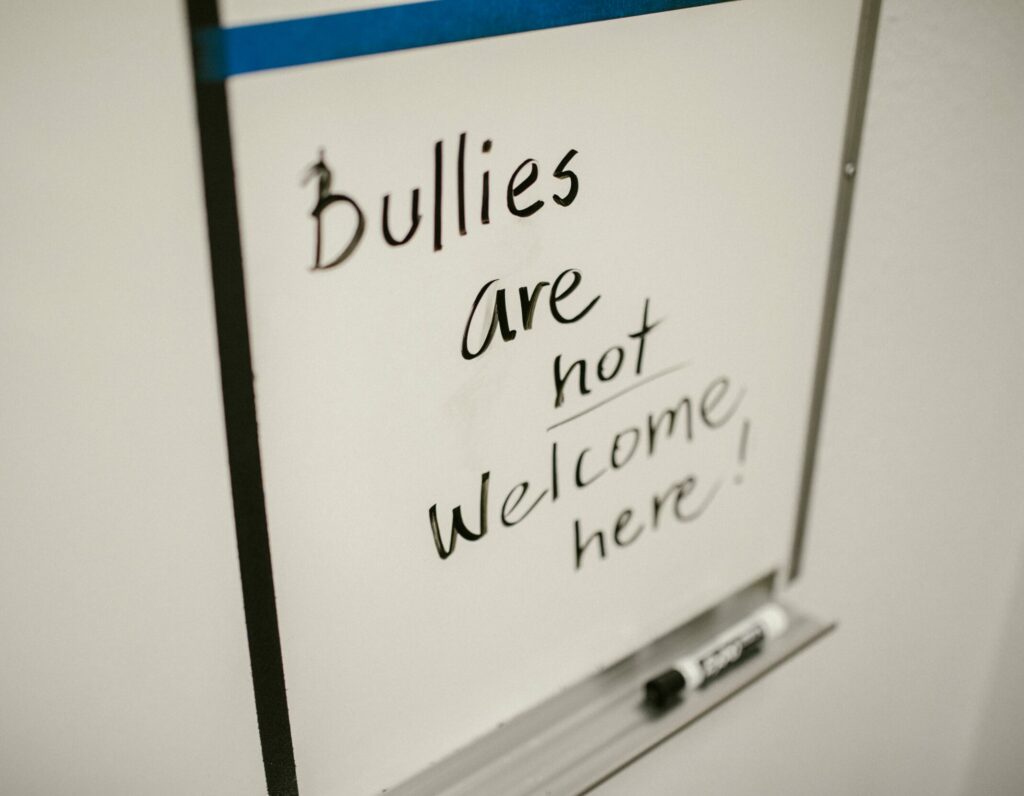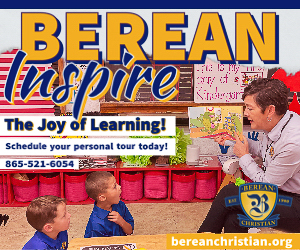
Four years ago this September, our life completely changed. Our son, just barely over the age of one, was diagnosed with Cerebral Palsy, a lifelong disorder that affects his muscles as well as other things. The month of March has become very important to us. Not only is it Cerebral Palsy Awareness Month, but it is also Developmental Disability Awareness Month which includes autism, Cerebral Palsy, Down Syndrome, and ADHD, just to name a few. Our diagnosis day, four years ago in September, opened us to a whole world we had no clue about, which is why I take the month of March as an opportunity to educate people not familiar with what living in this world is like.
So many times, people unknowingly say things that can be hurtful, so I decided to create a list of things that may be best not to say to parents (or caregivers) of children with special needs, disabilities, or delays.
Before I start this list I want to say this: I can and do only speak from MY personal experience as the parent to my child. What I have experienced is not necessarily what everyone experiences and what I think isn’t what everyone thinks. I want to also say this list is made with love and for the sole purpose of education and reference. I am not trying to offend anyone, condemn anyone or hurt anyone.
So let’s get started:
“I don’t know how you do it! I could never do what you do!”
The honest fact is that we don’t always know how we do it either and truly there are days we can’t do it. The world of medically complex children (adults too, but my only experience is my child) is an unbelievably draining one. Not only physically, but emotionally and mentally too.
“Special needs children are only given to special parents.” or “God doesn’t give us more than we can handle.”
I think this is one of the most commonly said things to try to give people support, but I also think it is one of the most discouraging things. I have always felt so strongly about this sentiment. I am no more special than any other parent. I saw that my son had extra needs and needed more help from me, so I made the conscious choice to step up and be what he needed. I have to make that choice every day and I continue to learn what that means and adapt to the ups and downs of his life.
I also firmly believe telling someone God doesn’t give them more than they can handle can become dangerous. I will be completely transparent and say there are days where I CANNOT handle it. Telling me God doesn’t give me more than I can handle — when I am not handling it — is something that will make me feel like an absolute failure, like God must not care about me if I am struggling to handle what I am given. The fact of the matter is that we are never meant to handle hardship alone.
“I feel so bad for you!”
There is never any reason to feel bad for us. Yes, our life is hard at times and can be very stressful, but the joys we have had are so much bigger. I have experienced such unconditional love. I have learned every little accomplishment is something to be celebrated. 
“They don’t look sick.” or “They look so normal.”
Disability and special needs don’t have one look! Not only are so many disabilities different, but the severity of those disabilities are different too. A guy I follow on Instagram has Cerebral Palsy and has been told he is “too good looking” to have Cerebral Palsy. I can speak firsthand looking at my handsome little boy, having Cerebral Palsy (or any other diagnosis) does not make you ugly.
“It could be worse…”
This is true. Things could be worse and I am very grateful they aren’t, but that does not diminish the hardships we go through. No one has a right to tell anyone — and I mean ANYONE — that their feelings aren’t valid and they shouldn’t feel upset because it could be worse. Just because something could be worse does not mean we still don’t struggle with them.
“Oh, I know how you feel.”
I will say this until I am blue in the face: Everyone’s experiences are different. Even with the same diagnosis things can look so vastly different. Not only that, but everyone’s feelings and ways of handling things are completely different. My friend (whose son has a different diagnosis) and I have begun saying the following to each other: “I don’t know your struggle, but I know the struggle.” This is our way of letting one another know that we are there for each other and that we understand how hard this life could be. 
“What is wrong with him/her?”
I know this is some people’s way of asking what my child’s diagnosis is. I understand that may seem like the way to ask, but asking what is wrong with them can be hurtful. I always say “nothing is wrong with him, he has Cerebral Palsy.” Having a disability does not make you “wrong”!



















